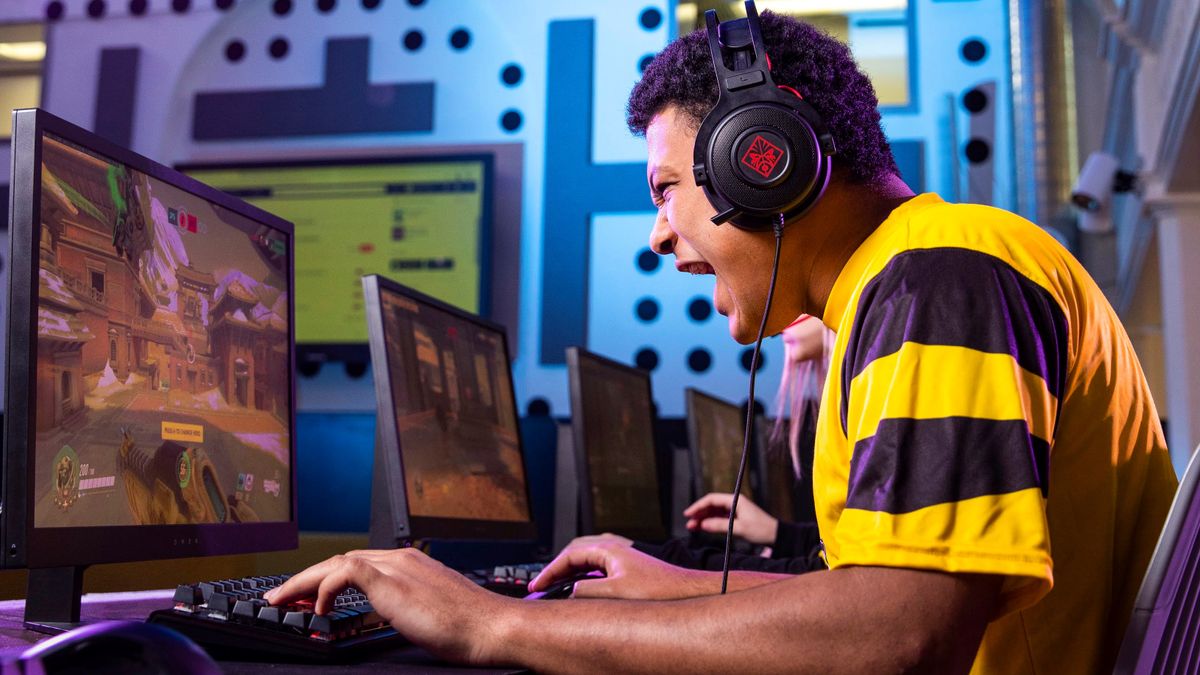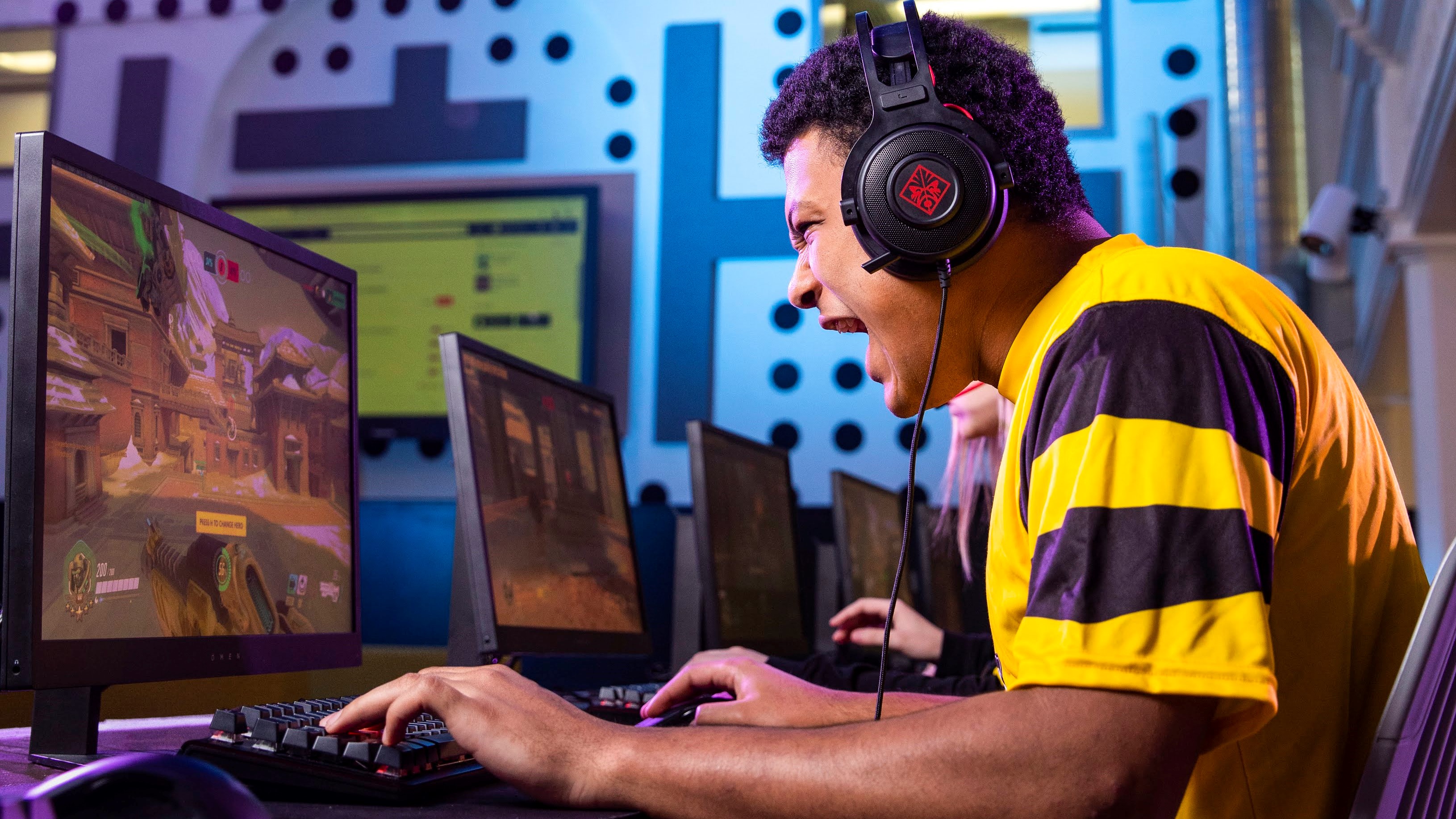Next time you’re in a multiplayer match, cursing the heavens as to why you’re constantly being destroyed by players that seem to lock onto you in a heartbeat, you now have the ultimate excuse—according to recent research, it seems that some people really can see the world faster than others.
A study entitled “The speed of sight: Individual variation in critical flicker fusion thresholds” published in academic journal Plos One (via The Guardian) details an experiment in which participants were tasked with viewing a fast-flickering light source, and identifying when it appeared to become constant. Some perceived the light as a steady beam when flashing at around 35 times a second, while others could still identify that the light was flickering at speeds of 60 times per second or above.
The study was repeated on multiple occasions with the same participants, and the researchers discovered that while there was significant variation between individuals, test subjects who could perceive the light flickering at faster rates were able to do so repeatedly.
Professor Kevin Mitchell, a neurobiologist at Trinity College Dublin, said: “We believe that individual differences in perception speed might become apparent in high-speed situations where one might need to locate or track fast-moving objects, such as in ball sports, or in situations where visual scenes change rapidly, such as in competitive gaming.”
“They may have an advantage over others before they have even picked up a racket and hit a tennis ball, or grabbed a controller and jumped into some fantasy world online.”
While the study is intriguing—and certainly makes me feel a bit better about being repeatedly trounced in my teenage years playing endless rounds of Counter Strike—previous research does provide some hope for us all.
The perception of flickering light is only one part of the puzzle when it comes to seeing movement. Moving images have been found to invoke different visual systems to the ones that process light alone, and more than that, visual perception can be trained in order to improve.
So much so in fact, that games are sometimes used in visual therapies to treat certain conditions and to improve things like contrast sensitivity, attention abilities and object tracking.
So it turns out that perhaps my lack of ability can be better attributed to a lack of practice, rather than my poor old peepers not being well-equipped enough in the first place. Still, having a head start in one area at least can’t hurt, so I’ll happily lean on the idea that some of us are simply more superhuman than others.
While a comfortable frame rate can often be attributed to being within the eye of the beholder, I’ll also take some small comfort in the fact that 60 fps is more than fine for me, and I don’t have to spend too much of my time chasing the upper stratosphere of frames to see my games in smooth-o-vision. Small mercies, ey?


